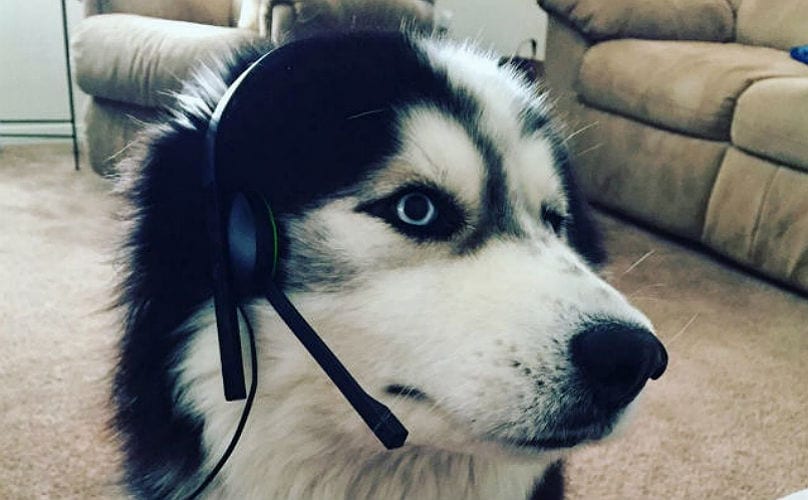You know that amazing feeling you get when you beat a level on a video game or figure out the solution to a problem you’ve been working on? Humans call these “eureka” moments, or epiphanies, but are they an exclusively human experience or do our dogs get this same feeling?
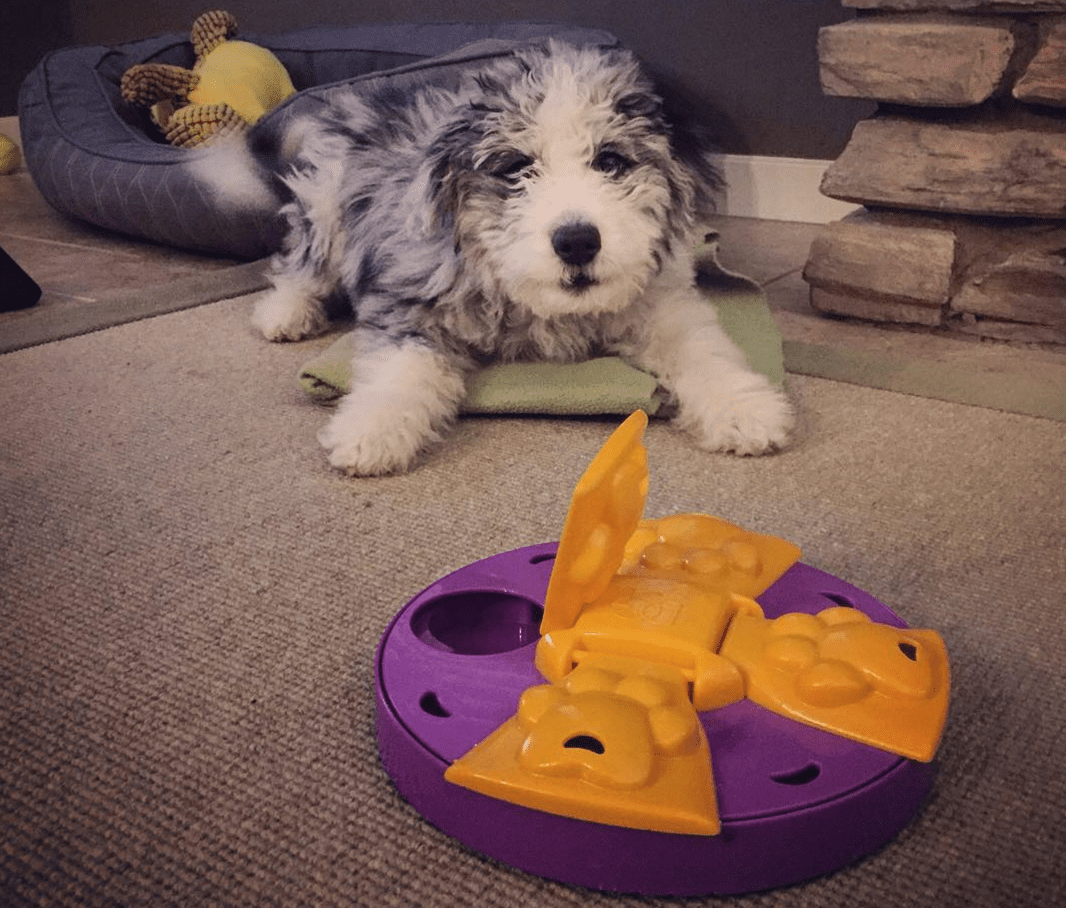

Researchers at the University of Agricultural Science, Sweden were curious to know whether dogs enjoyed the experience of solving a problem or if it was simply the reward associated with the solution that made them happy.
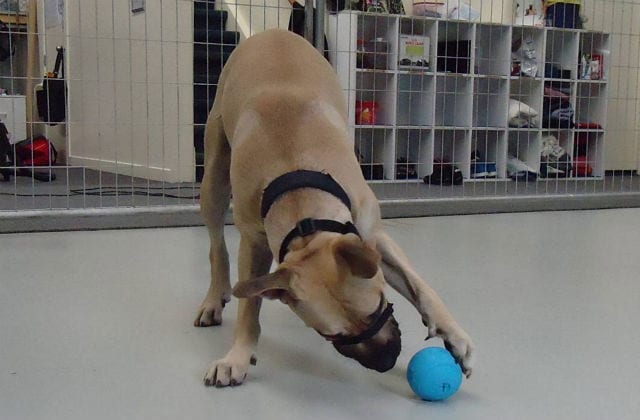

To determine this, a group of 12 Beagles were invited into the lab to do some problem-solving tasks. The Beagles were divided into pairs, with one dog in the pair participating in the study and the other being used as a control. Halfway through the study, the pairs switched positions.
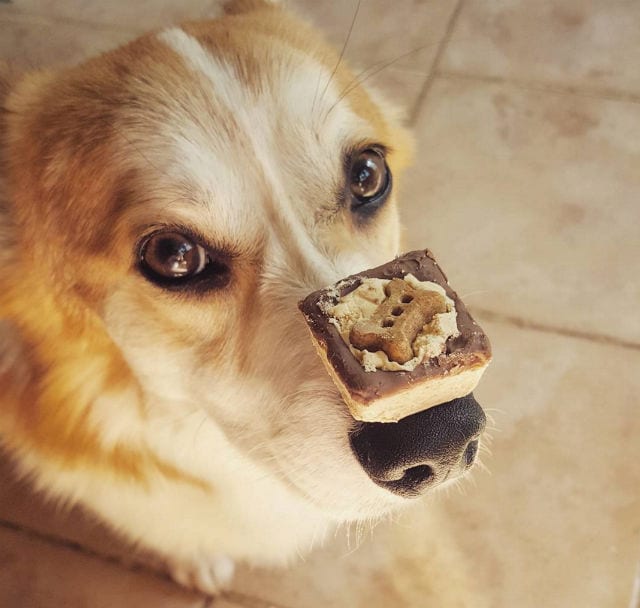

Prior to their participation, each of the dog pairs were trained to use three of the six pieces of equipment in the study. One dog would learn to use the first three; the other dog would learn to use the second three. When correctly used, each piece of equipment would make a distinct noise indicating that the task has been completed.
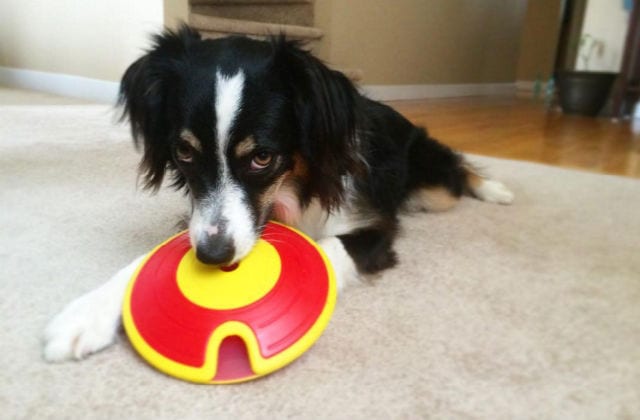

During the experiment, one dog would be led to an arena where they would be presented with their pre-trained equipment. They would then have to use the pieces of equipment to open up a gate giving them access to a reward.
[bp_related_article]
The second dog, who acted as a control dog, was then led to the area where they had to wait the same amount of time that it took the first dog to open the gate. Once that time had been reached, the gate would automatically open and they would be given their reward of either food, time with another dog, or pets from their owner.
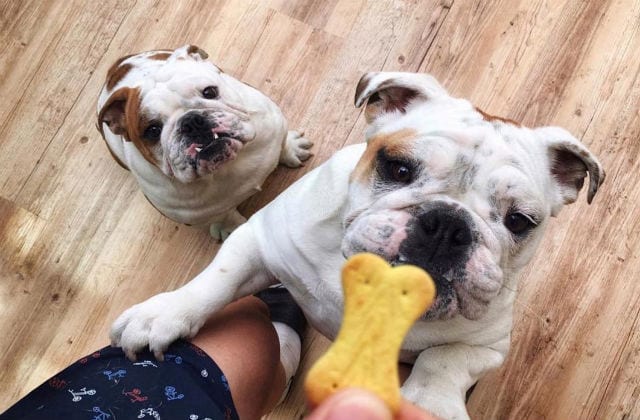

What researchers found was that the dogs that had to complete a task before receiving a treat were more visibly excited upon receiving it and more eager to redo the task in the next round of experiments. On the other hand, the dogs that received the treat without completing the task were excited at first, but then became reluctant to enter the room as the experiment progressed. When they did enter the room they tended to bite the equipment, something none of the non-control dogs did.
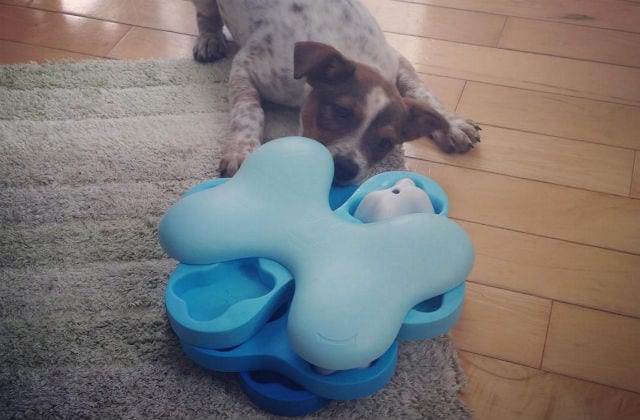

Researchers also determined that there was a preference in the type of reward that was given. When the reward was food or time with another dog, the dogs exited the arena more quickly, but the food reward resulted in the most movement and activity, which suggests that it was the favorite.
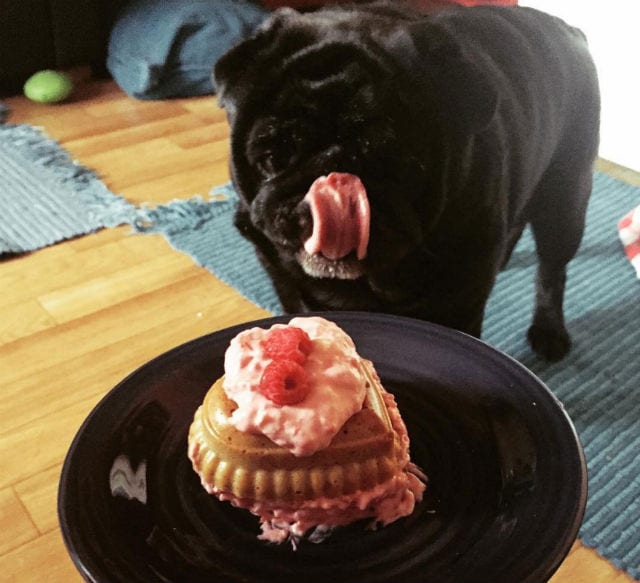

What’s interesting is that when the dogs were in the control group, they still received a reward, but they did not have any control over their environment. Lack of control is stressful to humans, so this suggests that the same might be true for dogs, especially when they were able to manipulate their environment in an earlier situation.
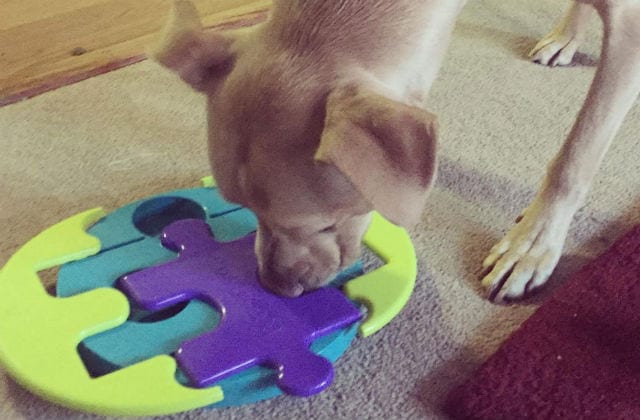

By the end of the study the researchers were able to conclude that the dogs were not only excited by the prospect of the reward, but by the fact that they had control over their access to it. When the dogs figured out that performing a certain task would result in a reward, it made them visibly excited.
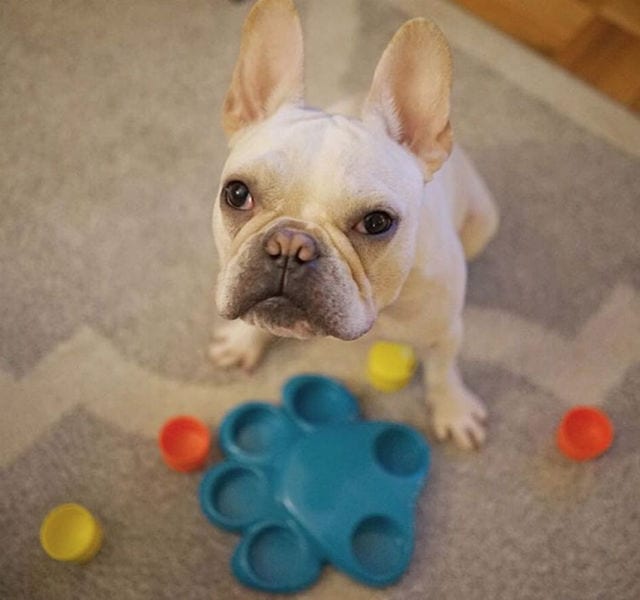

These results put some strong evidence behind the belief that giving dogs the opportunity to solve problems, make decisions, and exercise their cognitive skills are important to maintaining their overall welfare.
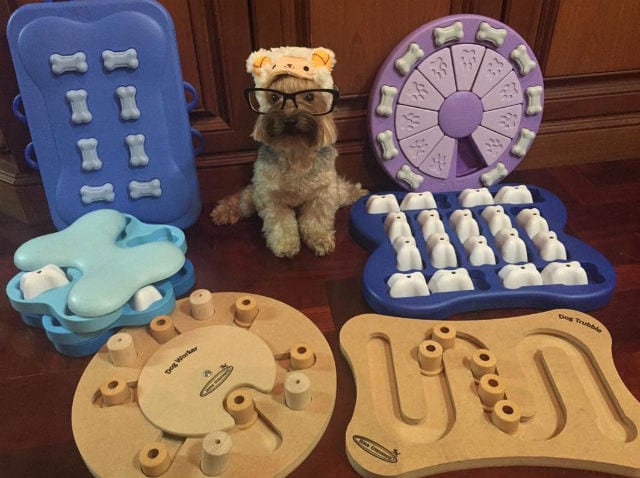

We now have no doubt that dogs experience and enjoy these eureka moments just like humans. If you’ve ever seen a dog over the moon after figuring out how to open a trashcan or cupboard, you’ll know exactly what I’m talking about.
H/t to: Companion Animal Psychology
Featured image via @hola.its.taco





